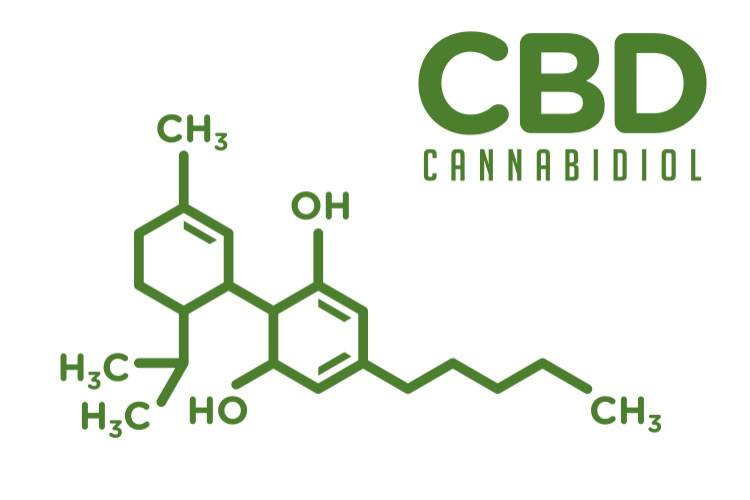With so much hype around CBD, it’s important to understand the science behind its therapeutic potential before jumping to conclusions. While research is somewhat limited due to the longstanding illegal status of cannabis, there are still many studies on CBD that we can learn from. Here are 4 of the top CBD studies we think you should know about.
CBD May Alleviate Anxiety In Public Speaking Situations

This 2011 study laid the foundation for research into CBD’s effects on social anxiety. In it, participants suffering from social anxiety disorder (SAD) were placed in public-speaking situations after being dosed with either CBD or a placebo.
Researchers found that after pretreatment with CBD, subjects demonstrated “reduced anxiety, cognitive impairment, and discomfort in their speech performance”. By comparison, the placebo group demonstrated higher impairment, higher anxiety, and higher discomfort.
The results of the study indicate that CBD may be a viable treatment option for those suffering from SAD, and maybe even other anxiety disorders.
CBD May Reduce Seizure Frequency In Certain Epileptic Conditions
Effect of Cannabidiol On Drop Seizures In The Lennox-Gastaut Syndrome – 2018
Epilepsy is a debilitating condition that may be improved by CBD. Many people use CBD to treat their epilepsy, but do studies on CBD actually support using CBD for this purpose? This 2018 study sought to determine if CBD had any beneficial effect when combined with antiepileptic medication in the treatment of Lennox-Gastaut syndrome.
225 participants were chosen who experienced at least two drop seizures per week. They were split into 3 control groups: those dosed with 20 mg of CBD per kg of body weight, those dosed with 10 mg of CBD per kg of body weight, and those dosed with a placebo.
The 20 mg group experienced a median percent reduction in the drop-seizure frequency of 41.9%. The 10 mg group experienced a reduction of 37.2%. While the placebo group only experienced a reduction of 17.2%.
CBD May Reduce Addiction Cravings
Cannabidiol Reduces Cigarette Consumption In Tobacco Smokers – 2013
For some time now, it has been thought that CBD may be able to help those suffering from addictions and their subsequent cravings. A 2015 literature review found that CBD could be helpful in the treatment of a variety of different addictions.
This 2013 study explored the effects of CBD on reducing craving and addiction among cigarette smokers. Smokers were given an inhaler to use every time they felt the urge to smoke a cigarette. The smokers who received the placebo inhaler had no decrease in the amount of cigarettes smoked during the study period. But those who received the CBD inhaler reduced the amount of cigarettes they smoked by 40%. Researchers concluded that CBD was able to reduce the intensity of nicotine addiction.
However, it’s unlikely that nicotine is the only addiction that CBD could help with. The literature review found that CBD may also have therapeutic properties in the treatment of cocaine and opioid addiction as well. Nevertheless, more studies on CBD and addiction are needed in order to find out just how far cannabidiol’s addiction fighting potential goes.
CBD Is Generally Safe And Well Tolerated

CBD may have significant therapeutic value, but is it actually safe? This 2018 study dosed participants with large doses of CBD in order to answer this question. Participants were given either a single large dose in ascending order (1500 mg, 2000 mg, 2500 mg, etc.) or multiple smaller doses per day (ex: 1000 mg/2x per day).
Researchers found that despite the large amounts of cannabidiol ingested, CBD was generally well tolerated. Adverse effects were generally mild to moderate, with no subject experiencing a serious or severe adverse effect. The most common side effects experienced were headache, diarrhea, sleepiness, and nausea.
Researchers concluded that CBD was well tolerated and especially supported the twice-daily administration of CBD. Nevertheless, it’s always important when dosing CBD.
